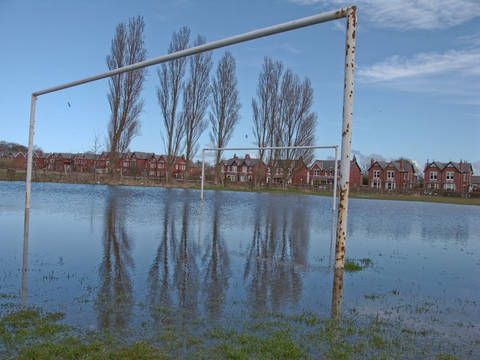Local football boasts a fascinating history intertwined with community and culture. Viewing it through a casino-inspired perspective offers a unique outlook. This exploration reveals unexpected connections between the two worlds.
Football, especially at the grassroots level, is more than just a game. It is a reflection of community spirit, dedication, and passion. Understanding its history can deepen your appreciation for the sport and highlight its significant impact on local cultures.
The Early Days of Local Football
In the early days of local football, the sport was largely informal, driven by community participation and enthusiasm. Teams were often formed by groups of friends or workers from the same industry. This period laid the groundwork for organized amateur leagues and established local rivalries that persist to this day.
Interestingly, many early matches were held in venues that later became popular gambling spots. These locations played dual roles as both sports fields and social hubs. The sense of camaraderie in these early matches is akin to the excitement found in top 10 UK casinos, where the atmosphere is charged with anticipation and shared experiences.
The formation of local football clubs often mirrored the establishment of social clubs and gathering spots in communities. Much like how early casinos served as meeting places for socializing and entertainment, football grounds became focal points for community interaction. These spaces fostered a sense of belonging and shared identity among residents, creating lasting bonds that extended beyond the game itself. The overlap between these communal spaces highlights the integral role that both football and social venues played in shaping local culture and traditions.
The Evolution of Grassroots Football
As football grew in popularity, so did the need for better organization and structure. Grassroots football clubs began to formalize their operations, adopting more sophisticated management practices. This shift was crucial in maintaining fair play and ensuring the sustainability of local teams.
The evolution of grassroots football also saw an increase in sponsorships and partnerships with local businesses. Much like how casinos attract patrons with various promotions and events, football clubs began leveraging community support to boost their profiles and financial stability. In this context, understanding the interplay between sports and business becomes essential for appreciating modern grassroots football.
Modern-Day Parallels Between Casinos and Football
Today, both casinos and football clubs rely heavily on technology to enhance user experience and engagement. Online platforms provide fans with real-time updates, match analytics, and interactive features. Similarly, online casinos offer immersive gaming experiences with advanced graphics and live dealers.
Moreover, both industries face stringent regulatory environments that ensure fair play and protect participants' interests. For football clubs, this involves adhering to league rules and maintaining transparent financial records. Casinos must comply with licensing requirements and implement measures to promote responsible gambling.
The Future of Local Football
Looking ahead, local football is poised to continue its evolution alongside advancements in technology and changing societal trends. Enhanced data analytics will allow teams to refine their strategies further, while digital platforms will offer new ways for fans to engage with their favorite clubs.
As you delve into the rich history of local football through this casino-inspired perspective, it becomes evident that both worlds share common values of community engagement, strategic thinking, and a passion for entertainment. By appreciating these connections, you gain a deeper understanding of what makes grassroots football so special.



















